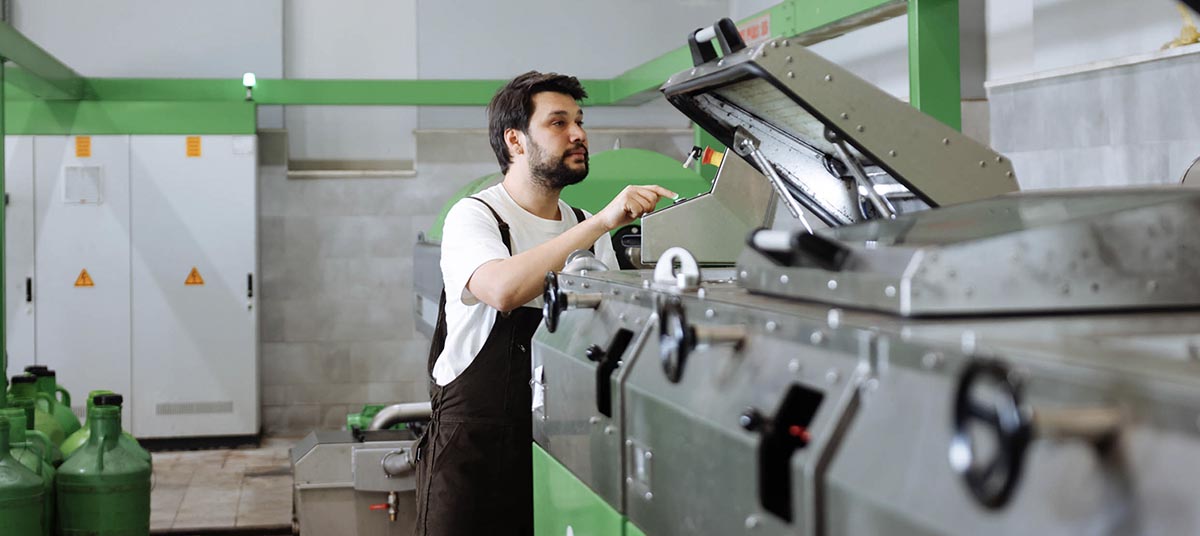DON’T FORGET: The tax deadline is fast approaching. Contact us to get started on your return today.
Tax Advantages for Businesses: Maximizing 100% Bonus Depreciation and New Expensing Opportunities

The return of 100% bonus depreciation is a significant development in U.S. tax legislation, designed to bolster economic recovery by encouraging business investment. The "One Big Beautiful Bill Act" (OBBBA) reinstates this powerful tax feature, highlighting its value especially after the economic effects of the pandemic. In this article, we'll delve into the tax advantages, historical background, eligibility criteria, and the recent updates concerning bonus depreciation, underscoring its importance for sustained business growth.

-
Understanding the Origins: Economic Stimulation Through Tax Policy - First introduced in 2002 under the Job Creation and Worker Assistance Act, bonus depreciation allowed businesses to immediately write off a significant portion of the cost of eligible property. Initially set at 30%, it eventually increased to 100% under the Tax Cuts and Jobs Act (TCJA) during economic downturns as a tool to encourage capital investments.
The TCJA drastically increased this benefit by providing a full 100% first-year deduction for qualifying property, thus acting as a major stimulus for capital acquisitions. Despite this, a phase-out provision was set to diminish this deduction starting in 2023 and eliminate it by 2027.
-
Maximizing Tax Benefits with Bonus Depreciation - This provision allows businesses to fully write off asset costs in the year they commence usage, offering immediate tax benefits and boosting financial liquidity. Although this is a strong inducement to purchase assets, effective planning is crucial.
For instance, the Section 199A deduction, which is tied to qualified business income (QBI), might be impaired by large capital write-offs as it could reduce business profits. However, decreasing taxable income may help avert some of the phase-outs associated with Section 199A.
-
Eligibility Parameters for Bonus Depreciation - Generally, qualifying assets include tangible property with a tax recovery period of 20 years or less, computer software, water utility property, and certain improvements. IRS regulations determine recovery periods, for instance, vehicles hold a 5-year period and office equipment 7 years. Properties with longer recovery periods like real estate do not qualify.
The TCJA expanded bonus depreciation to include used property, increasing the attractiveness of buying second-hand equipment. However, the exclusion of utility and dealer vehicle properties adds a layer of complexity to these guidelines.
-
Navigating Legislative Changes in Qualified Improvement Properties - Initially, legislative oversights in the TCJA excluded certain qualified improvements which were later rectified by the CARES Act, bringing more properties under the bonus depreciation umbrella under a 15-year depreciation timeframe.
-
Revocation and AMT Considerations for Bonus Depreciation - While typically opting out of bonus depreciation requires IRS consent, exceptions allow revocation within six months if actions are taken as part of a timely filed amended return. A noteworthy benefit includes property claimed under bonus depreciation being exempt from alternative minimum tax (AMT) adjustments, aligning it with regular tax depreciation relief.
-
Depreciation Complexities with Business Automobiles - Luxury autos have special rules and deduction caps, increased by $8,000 in years when bonus depreciation is active, according to the TCJA. Section 179 also plays a role, providing a separate deduction path, affected by and requiring coordination with bonus depreciation claims.
-
Recent Legislative Measures - The OBBBA extends 100% bonus depreciation for qualifying properties placed into service post-January 2025, offering consistency for long-term business planning. Properties in operation between January 1, 2025, and January 19, 2025, are subject to a reduced 40% rate.
-
Incentives for Qualified Production Property -
 The OBBBA introduces incentives to boost domestic manufacturing by allowing immediate deduction of 100% for the cost of constructing new factories and specific improvements to existing ones.
The OBBBA introduces incentives to boost domestic manufacturing by allowing immediate deduction of 100% for the cost of constructing new factories and specific improvements to existing ones."Qualified Production Property" must fulfill certain criteria such as being used in the U.S. for production and beginning construction post-January 2025 but before 2029. It excludes portions dedicated to offices, administration, and similar functions. This benefit underscores the government’s commitment to enhancing U.S. manufacturing capabilities.
-
Machinery Specifics and Recapture Rules - While machinery not qualifying as production property isn’t eligible for 100% expensing, it generally qualifies for bonus depreciation reinstated by OBBBA. Recapture rules apply if there are changes in the property usage within ten years, affecting the capital gain treatment upon sale.
The strategic application of bonus depreciation continues to be instrumental for economic development, providing immediate tax relief to businesses. Understanding its intricacies, particularly concerning QBI deductions, AMT concerns, and eligibility, is crucial. The new provisions for qualified production property enhance incentives for domestic facility investments, broadening opportunities not only for large businesses but also smaller manufacturing entities.
If your business is interested in leveraging these tax advantages in Maryland, Virginia, or the District of Columbia, PM Enterprises Inc is available for consultation to guide you through minimizing tax liability and aligning with federal and state requirements.
Sign up for our newsletter.
Each month, we will send you a roundup of our latest blog content covering the tax and accounting tips & insights you need to know.
We care about the protection of your data.